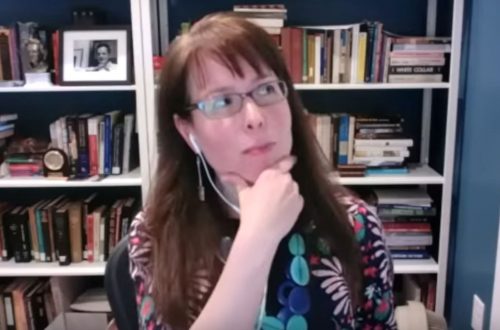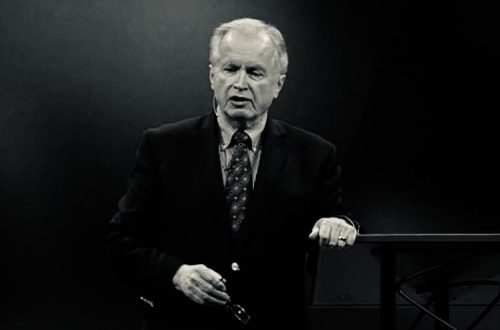I had not planned on writing about the tragic case of the infant Charlie Gard. But I just completed a Twitter convo with Alistair Roberts about it that has changed my mind. If you are unfamiliar with Charlie Gard, here is the gist of his story:
For ten months, Charlie has been living in the intensive-care unit at Great Ormond Street Hospital in London. In March, his doctors decided that there was nothing more they could do for him, and they recommended that his parents, Connie Yates and Chris Gard, withdraw his ventilator. They refused, on the grounds that an untried experimental treatment was available in the United States. The hospital, in accordance with British law, applied to the courts to forestall further treatment. In April, the High Court found for the doctors and against the parents. In May, the Court of Appeal upheld the initial decision. In early June, the Supreme Court agreed. And this week, the European Court of Human Rights — the last court of jurisdiction — refused to intervene. Charlie’s parents have raised enough money from private donations to fund the experimental treatment, but the court decision prohibits his removal to the U.S. Whenever they see fit to do so, the doctors at Great Ormond Street Hospital can now remove Charlie’s life support.
The bottom line is this. Charlie Gard’s parents wish to try an experimental treatment in the United States. It is perhaps a slim hope, but it is one nonetheless. Charlie’s doctors wish to remove his ventilator which will undoubtedly lead to his death. The courts have sided with the doctors. But in this case they are not only allowing the doctors to remove the ventilator, but they are also preventing the parents from pursuing a second opinion in the United States. And according to a video message released today (see above), they are not even allowing Charlie to go home for palliative care.
What are we to think about this? In his book Evangelical Ethics, John Jefferson Davis writes:
In certain cases of the newborn with disabilities, no known medical intervention can reverse a genuinely hopeless prognosis… Such cases are, however, quite infrequent, and should not be used as a rationalization for the deliberate neglect and abandonment of children with disabilities whose lives could be saved by available medical interventions (p. 177).
It seems to me that the last phrase of that last sentence is the relevant one to Charlie Gard’s case. There is an available treatment that his parents wish to pursue. Even if Charlie’s doctors are convinced that he cannot be helped, why would they foreclose the possibility of a second opinion in the United States? Moreover, why would the state prevent the parents from pursuing this option? I agree with Davis:
The proper practice of medicine should be guided by a life-affirming ethic in all cases… There is indeed a time to die, just as there is a time to be born (Eccl. 3:2), and modern medicine must acknowledge its own limitations. But the basic thrust of medicine should always be to choose life (Deut. 30:19), because all human life is sacred to God who made it (p. 177).
In Charlie Gard’s case, I am having difficulty seeing how a “life-affirming ethic” would foreclose the possibility of a second opinion against the parents’ wishes. Moreover, per the video above, the doctors are now denying the parents the opportunity to take Charlie home for palliative care. This is a difficult case, but not so difficult that the state should weigh-in with this kind of draconian limitation. Again, Davis writes:
The proper practice of medicine should be guided by a life-affirming ethic in all cases, even when the physician can only provide care and comfort to a patient–young or old–who is already in an irreversible process of dying. A medical practice informed by the spirit of Christ and love the neighbor will see as a primary end, to cure whenever possible, and always to provide care and comfort to all patients, both in their living and in their dying (p. 177).
There are certain boundaries that the state (and the doctors in this case) must not cross, but they seem to have gone far beyond them in the case of Charlie Gard. If the doctors have indeed concluded that there is nothing else to be done for Charlie, then why deny the final comforts his parents wish to offer him at home? If palliative care is indeed what they want, then why can’t Charlie go home?



